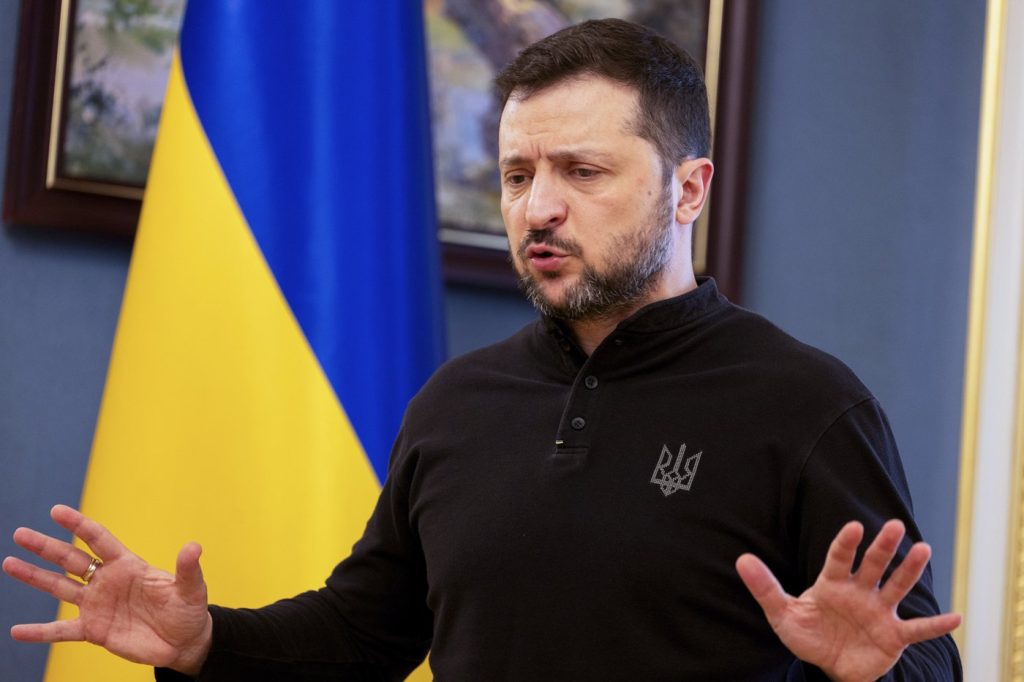His appeal comes just days before a scheduled “Ramstein” defense meeting—one which the U.S. is notably set to skip, according to diplomatic sources.
Ukrainian defense forces reportedly engaged the group near the settlements of Tarasivka and Bilohorivka, successfully detaining two of the combatants. The revelation, President Zelenskyy emphasized, marks a pivotal development in the evolving landscape.
“If North Koreans have only been stationed in Russia’s Kursk region, the Chinese fighters were directly active on Ukrainian territory,” Zelenskyy stated. “This is no longer just a theoretical threat—this is direct engagement, and it changes everything.”
Although the United Kingdom and Germany have indicated that the U.S. may not be present at this week’s Ramstein summit, Zelenskyy expressed confidence that Washington could reconsider its position in light of the recent developments.
“I believe we must urgently discuss this with our American allies,” Zelenskyy stressed. “Ukraine is a strong nation, but we cannot be expected to defend our sovereignty against multiple foreign interests without unified support.”
The Ramstein meeting, named after the U.S. air base in Germany where Ukraine’s defense allies regularly gather, serves as a crucial forum for coordinating military aid and strategic support. American participation has historically the direction and intensity of assistance provided to Kyiv.
Zelenskyy’s remarks underscore growing concerns about the internationalization of the conflict, particularly with reports suggesting the presence of North Korean and now Chinese individuals on or near the battlefield. While Beijing has publicly maintained neutrality in the conflict, the capture of its citizens fighting in Ukraine poses difficult questions for global diplomacy and alliance structures.
“We must address this with clarity and speed,” Zelenskyy urged. “The presence of foreign fighters—especially from powerful nations—on Ukrainian soil is a red line. We need the full attention and partnership of our allies now more than ever.”
As Ukraine continues to resist Russian aggression more than two years into the full-scale invasion, Zelenskyy’s appeal signals a deepening urgency. The world, he insists, must not ignore the signs of a broader, more complex conflict emerging across Eastern Europe.
Whether the U.S. responds with renewed engagement remains to be seen—but for President Zelenskyy, the message is unmistakable: unity and decisive action are no longer optional—they are essential.

